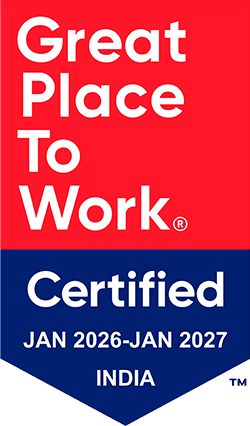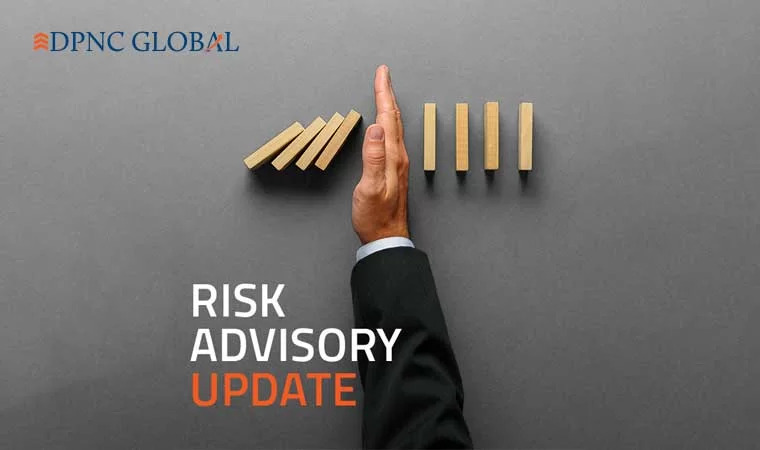Fraud remains a pervasive and costly risk affecting organizations across all industries and sizes. While most businesses prioritize preventative controls aimed at stopping fraud before it happens, they often underestimate the importance of detective controls. Relying solely on preventative measures and internal audits creates blind spots that can allow fraud to go unnoticed, ultimately exposing organizations to significant financial and reputational damage.
This article explores why detective controls are indispensable and how organizations can effectively integrate them into their fraud risk management strategies.
The Gap in Business-Level Controls
Many organizations invest considerable resources in preventative controls, such as:
- Segregation of duties to prevent conflicts of interest and unauthorized transactions.
- Access controls limiting system and data access to authorized personnel.
- Employee training promoting ethical conduct and fraud awareness.
- Vendor and customer due diligence to reduce exposure to external fraud risks.
While these controls are vital, they only address part of the fraud risk landscape. Fraudsters, particularly those with insider access, can find ways to bypass preventative controls through collusion or exploiting control weaknesses. Without strong detective controls built into daily operations, these schemes can persist unnoticed.
Why Detective Controls Matter
Detective controls act as a vital second line of defense, providing ongoing monitoring and validation of preventative efforts. Examples of these controls include:
- Routine reconciliations, such as matching bank statements with ledger entries to detect anomalies.
- Management reviews and variance analysis that highlight unusual trends or unexpected fluctuations in data.
- Automated monitoring tools with exception reporting capabilities to flag transactions outside normal parameters.
- Surprise audits and operational spot checks that test adherence to policies and uncover irregularities.
These controls provide timely feedback, enabling organizations to detect fraud earlier and respond promptly to mitigate losses.
Technology’s Role in Detection
Advances in technology, such as artificial intelligence (AI) and data analytics, have revolutionized detective controls. Continuous transaction monitoring powered by AI can identify complex fraud patterns that traditional controls might miss. For instance, machine learning algorithms analyze millions of transactions in real time, flagging those that deviate from established behavior patterns. These tools not only improve detection speed but also reduce manual workload and human error.
Challenges in Implementing Detective Controls
Despite their importance, many organizations struggle to implement detective controls effectively due to:
- Resource constraints, especially in smaller organizations lacking dedicated fraud teams.
- Resistance to change, as embedding detective controls often requires modifying existing processes.
- Skill gaps among staff who may not be trained to identify fraud indicators during routine activities.
- Overreliance on internal audits, which are periodic and cannot provide continuous detection.
Addressing these challenges requires leadership commitment, appropriate training and investment in tools that facilitate detection.
Best Practices for Closing the Gap
To strengthen fraud risk management and fill the business-level detective control gap, organizations should:
- Embed detective controls into daily operations: Integrate reconciliations, exception reporting and management reviews as routine tasks performed by business units, rather than treating them as audit functions.
- Establish feedback loops: Use findings from detective controls to continuously improve and adapt preventative measures.
- Assign clear accountability: Make business unit leaders responsible for both preventative and detective controls, fostering a culture of ownership.
- Invest in staff training: Educate employees on recognizing fraud red flags and encourage reporting suspicious activities without fear of retaliation.
- Leverage technology: Adopt AI-powered monitoring and data analytics tools to enhance detection capabilities.
- Coordinate with internal audit: Ensure internal audits focus on testing the effectiveness of both preventative and detective controls, creating synergy rather than overlap.
Detective controls are not merely a supplementary component but a critical pillar of a robust fraud risk management framework. By recognizing the limitations of preventative controls alone and embedding effective detective measures, organizations can quickly detect fraud, reduce losses and protect their reputation.
The evolving fraud landscape demands continuous vigilance and adaptation, making detective controls indispensable for sustainable organizational resilience.
Disclaimer
The information contained herein is prepared based on the information available in the public domains. While the information is believed to be accurate to the best of our knowledge, we do not make any representations or warranties, express or implied, as to the accuracy or completeness of this information. Readers should conduct and rely upon their own examination and analysis and are advised to seek their own professional advice. We accept no responsibility for any errors it may contain, whether caused by negligence or otherwise, or for any loss, howsoever caused or sustained, by any person who relies upon it.
To download the pdf file of the above post, please click on the download button below.
About Our Risk Advisory Servcies
DPNC Global LLP is a full service consulting firm providing multi-disciplinary services to clients ranging from MNCs, Indian Corporates from across industries to Family Offices and UHNIs, both in and outside India.
Our Risk Advisory Services (RAS) team offers solutions to help organizations and their management to effectively balance risk management, governance and compliance while moving towards their short-term and long-term strategic goals. Our team comprises a group of qualified and experienced professionals with in-depth knowledge and specialization in risk advisory services including for conducting Internal Audits, developing Standard Operating Procedures etc. We leverage our knowledge of industry best practices and domains across organizations of all sizes and sectors to streamline and develop systems, processes & solutions that are tailored to be suitable for our clients. To know more about our services in Risk Advisory Services, visit https://dpncglobal.com/risk-advisory/


